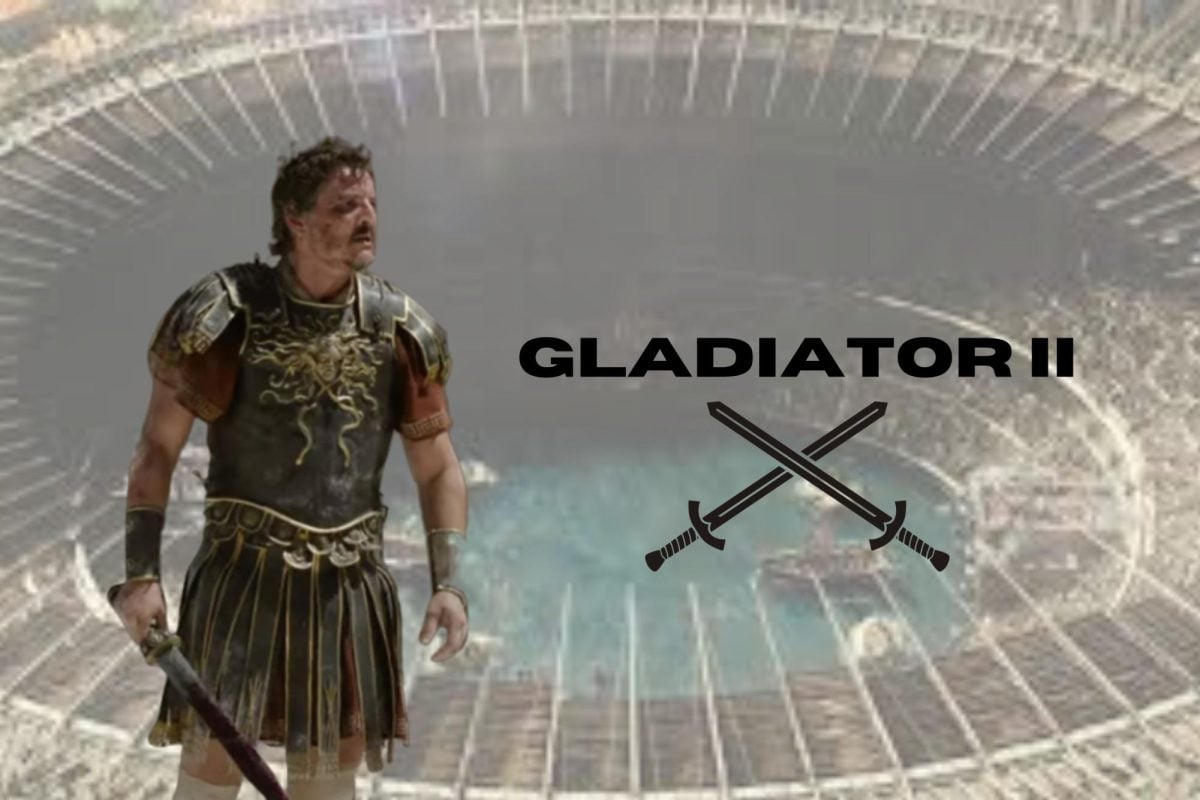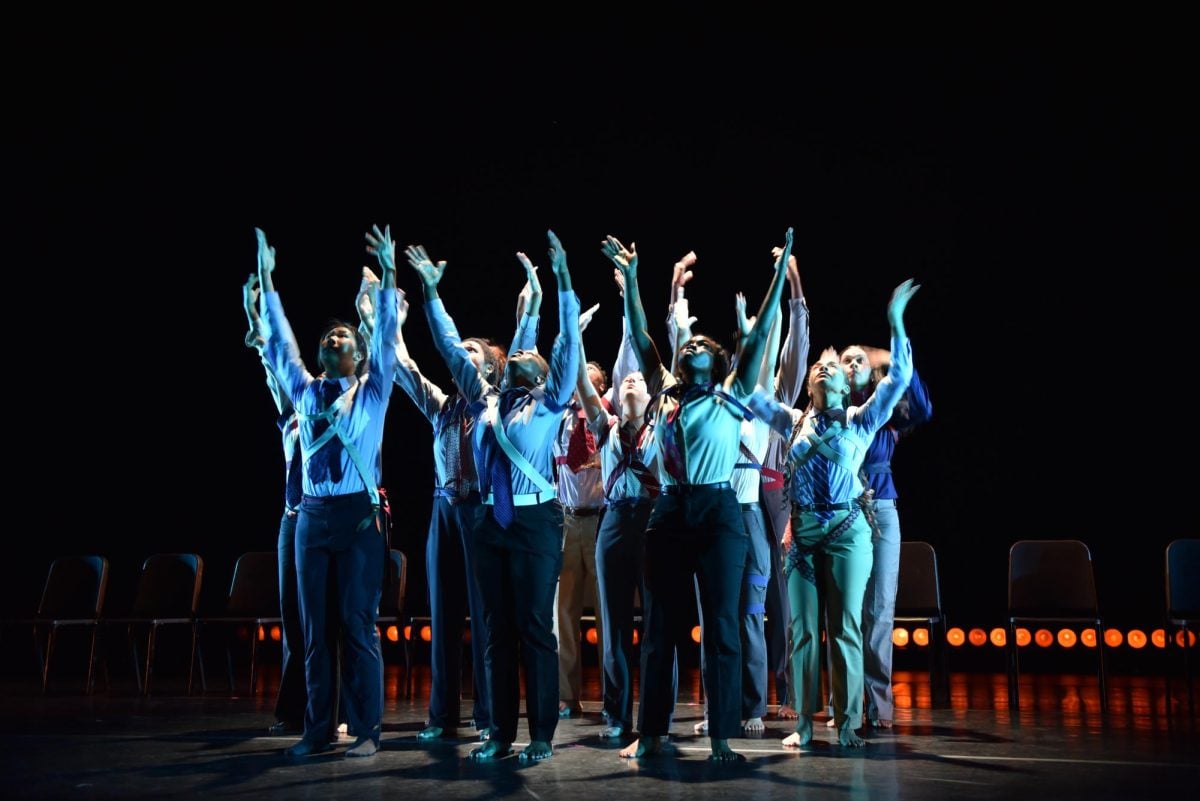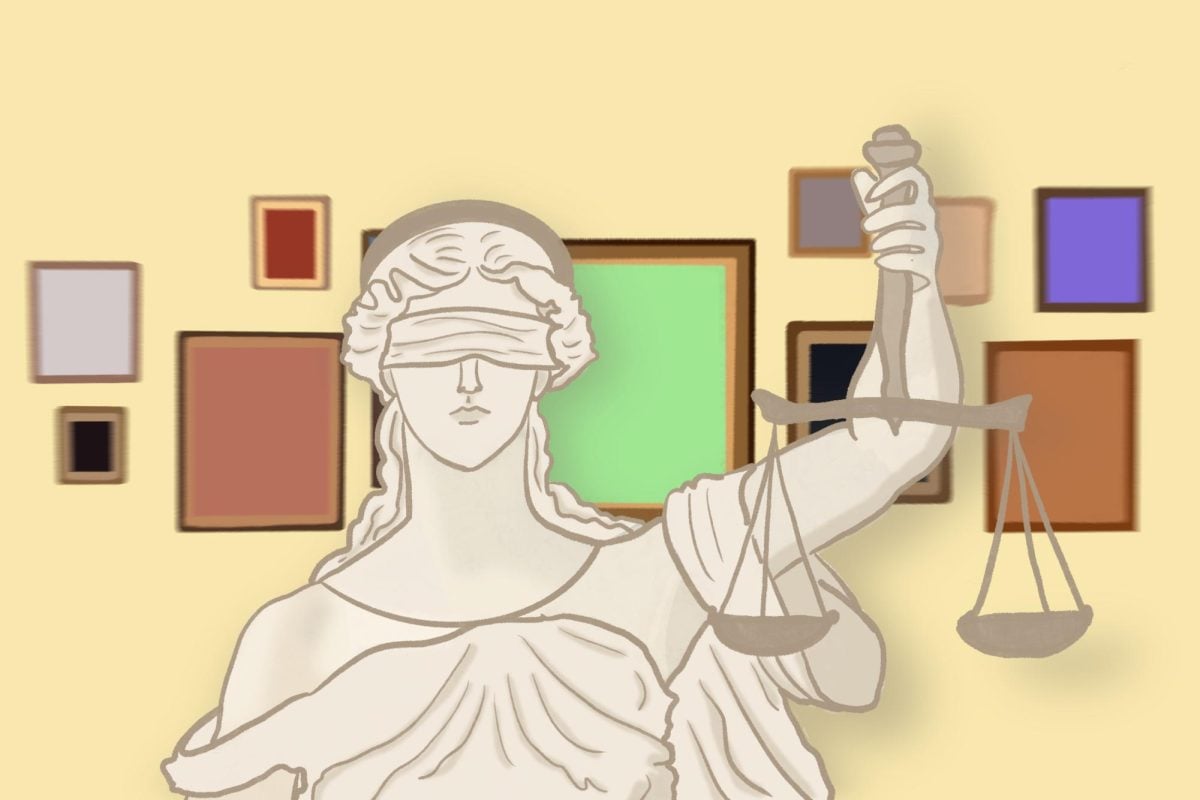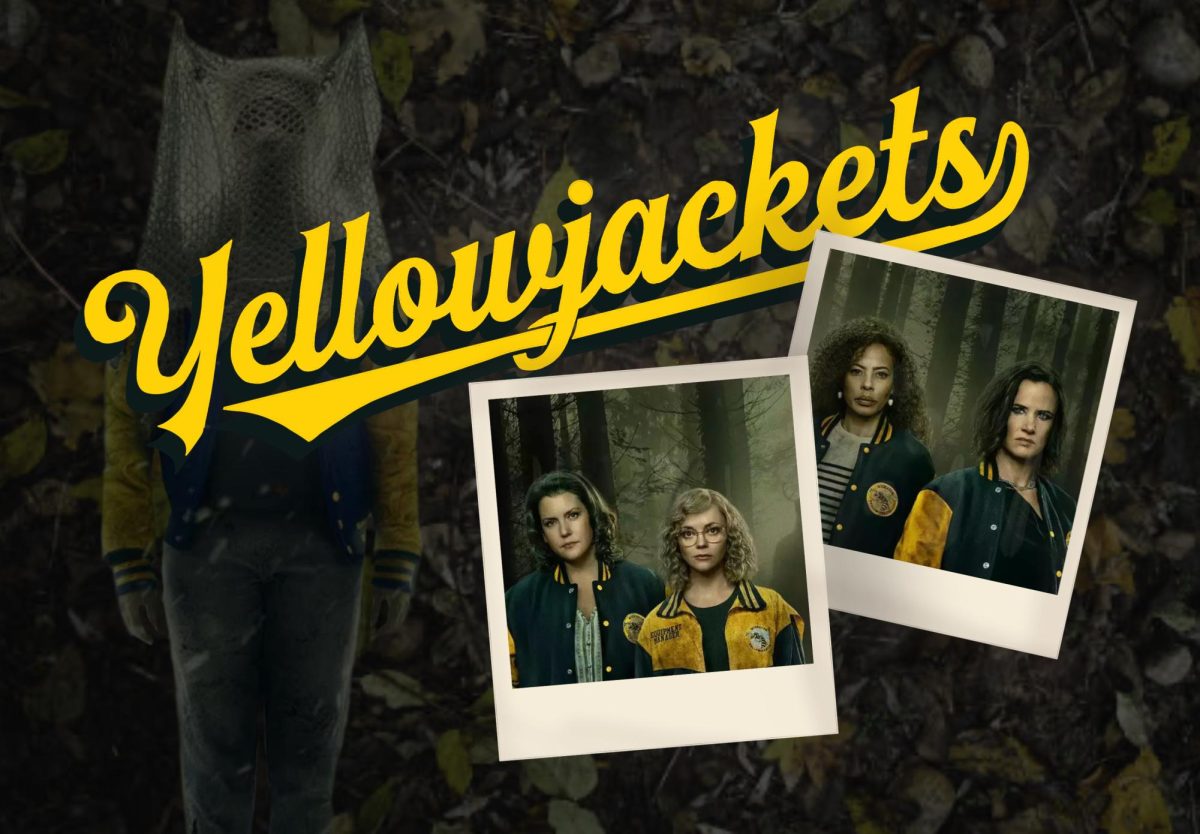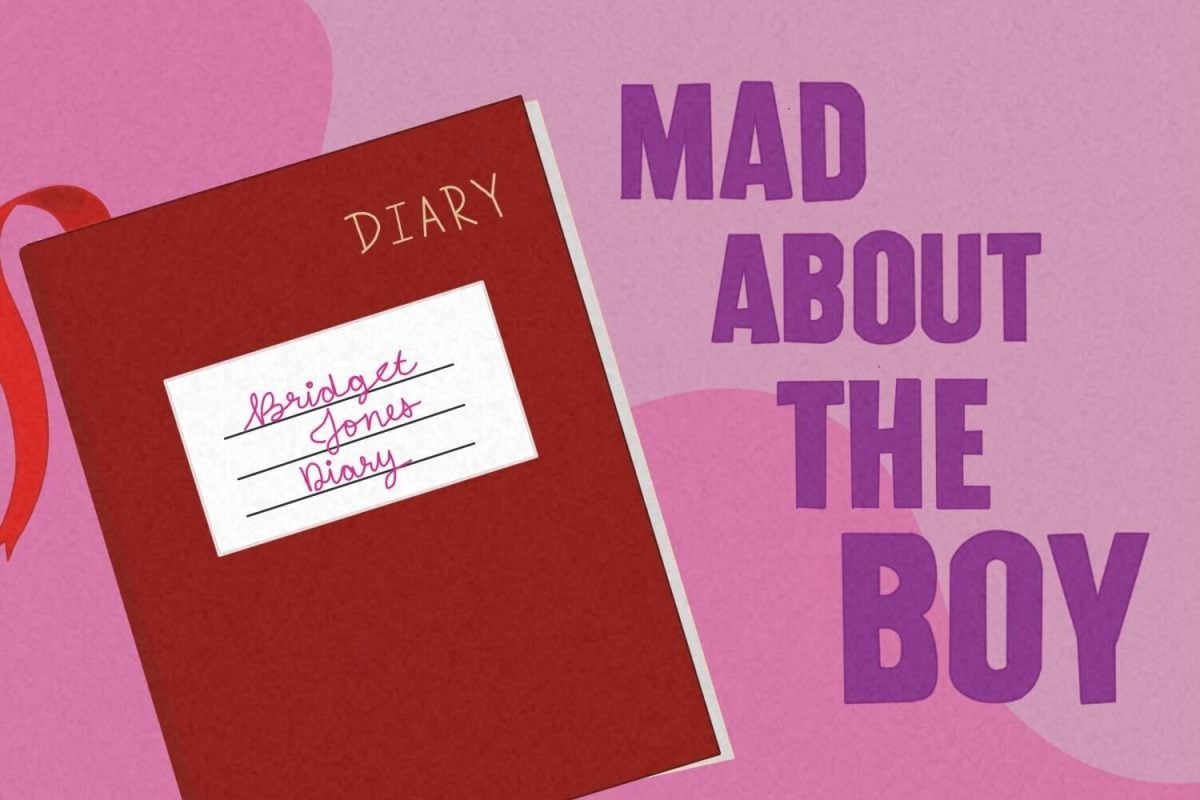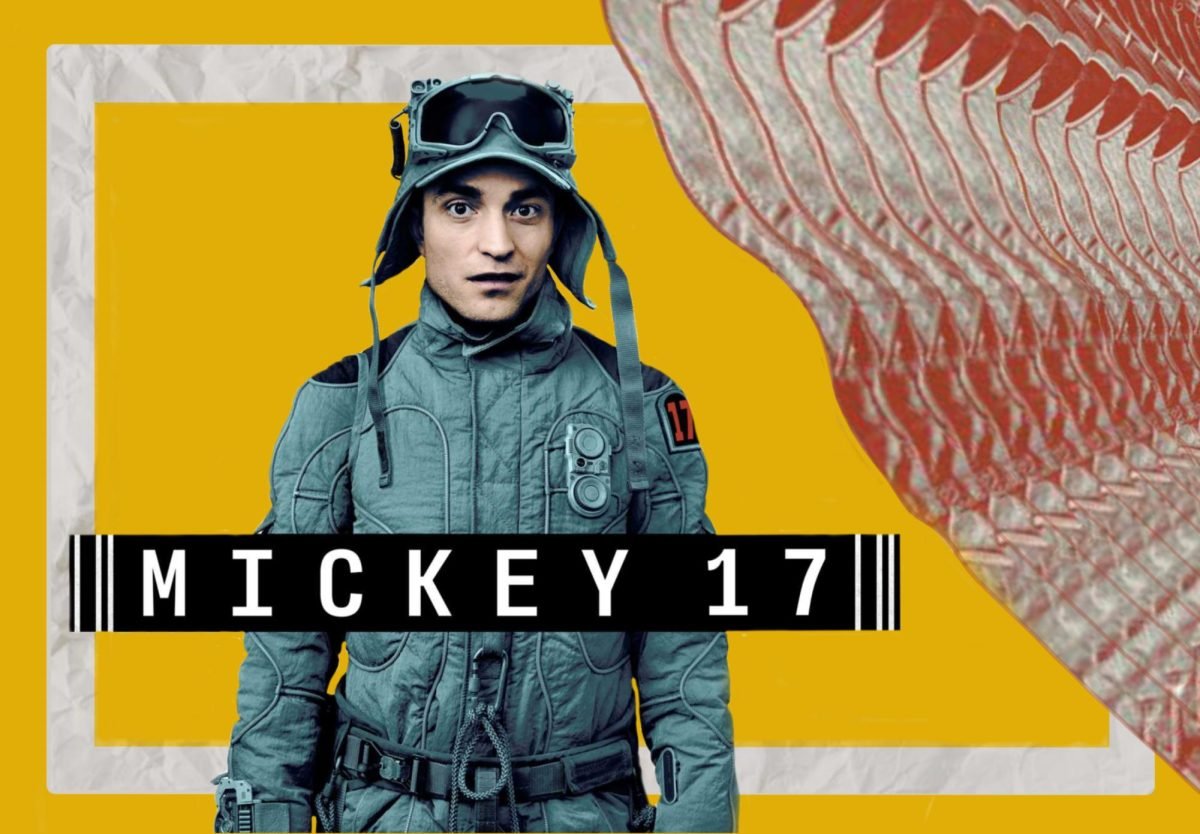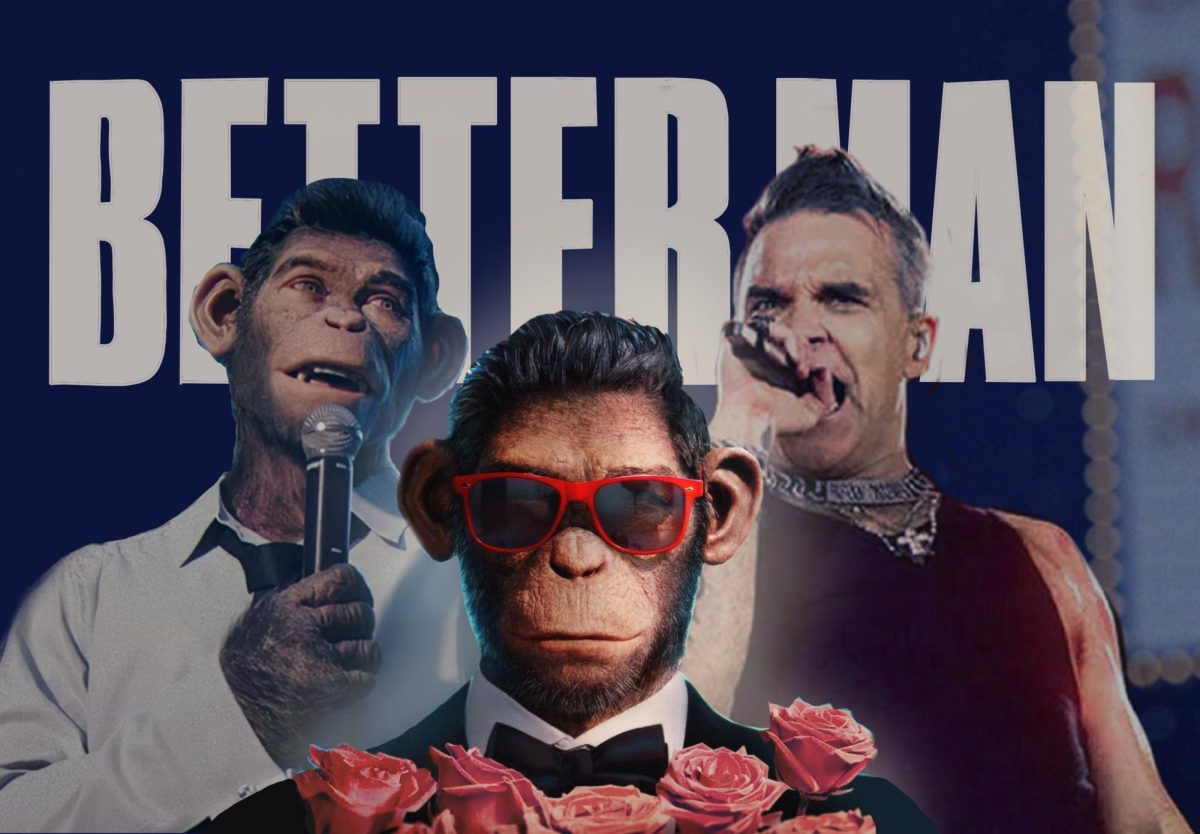This review contains spoilers.
Sequels walk a fine line, especially to one of the most critically acclaimed movies of all time.
This fine line is put on full display by director Ridley Scott’s film “Gladiator II,” sequel to “Gladiator” released in 2000.
“Gladiator II” is set 16 years after the death of Marcus Aurelius (Richard Harris) and is centered around Lucius (Paul Mescal), the long-lost son of Queen Lucilla (Connie Nielsen) and heir to the Roman throne. After the Roman conquest of Numidia, the colony Lucius had been hiding away in, audiences follow Lucius’ journey from gladiator to reclaiming his right as emperor. Simultaneously, the film follows General Acacius’ (Pedro Pascal) plot to overthrow Emperor Geta (Joseph Quinn) and Emperor Caracalla (Fred Hechinger) to restore power to the Roman Senate.
Despite Lucius’ relation to Maximus (Russell Crowe), the two could not be more different. In the original “Gladiator,” Maximus is willing to sacrifice everything for not only justice but also the sake of the Roman dream, having served as the general and right-hand man of Aurelius. Initially, Lucius could not be more against this concept. Lucius grew up in a colony and witnessed the havoc unleashed by the Romans. Because of this, his dedication is not to Rome but to justice for his wife Arishat (Yuval Gonen), who was killed during the Roman raid of Numidia.
However, even though their motivations don’t initially align, there are still many parallels drawn between the two. These allusions begin from the opening scene, which shows Lucius in a field of grain, an innuendo to Maximus’ desire to return to his farmlands. As the film continues, Lucius learns more about Maximus and the impact he left behind. During the final moments of the film, Lucius dons Maximus’ gladiator armor, defeats Macrinus (Denzel Washington) and reclaims his status as heir to the Roman throne, reuniting the city and vowing to fulfill Marcus Aurelius’ “Roman dream,” as his father once vowed to do.
While the film is overall entertaining, its biggest weakness is the plot’s inconsistency. Lucius vows to fight in the arena because of Macrinus’ promise that he will get to kill General Acacius. However, when the time finally arrives for the two to face off in the arena, Lucius suddenly decides against it, spurred by Acacius’ last-minute persuasion. While a just decision, it counteracted the drive he has throughout the movie.
Another issue is the timing of the movie. Although there are nearly two and a half hours to thoroughly develop the plot, Scott squeezed too much action and plot development in the last 45 minutes. On the bright side, this did not make the film any less entertaining.
While “Gladiator II” does not outdo its predecessor, it holds its own. Washington and Mescal’s performances are stellar, the fights, featuring animals from rhinos to sharks, are entertaining and the overall commentary on what a society should strive to be remains relevant, even 1,500 years later.
Email: biancadishmon2028@u.northwestern.edu
Related Stories:
— Chicago residents host Jeremy Allen White look-alike contest
— Reel Thoughts: ‘The Mandalorian’ season three has too many detours and not enough destination
— Gladiator’ clashes with historical truth

